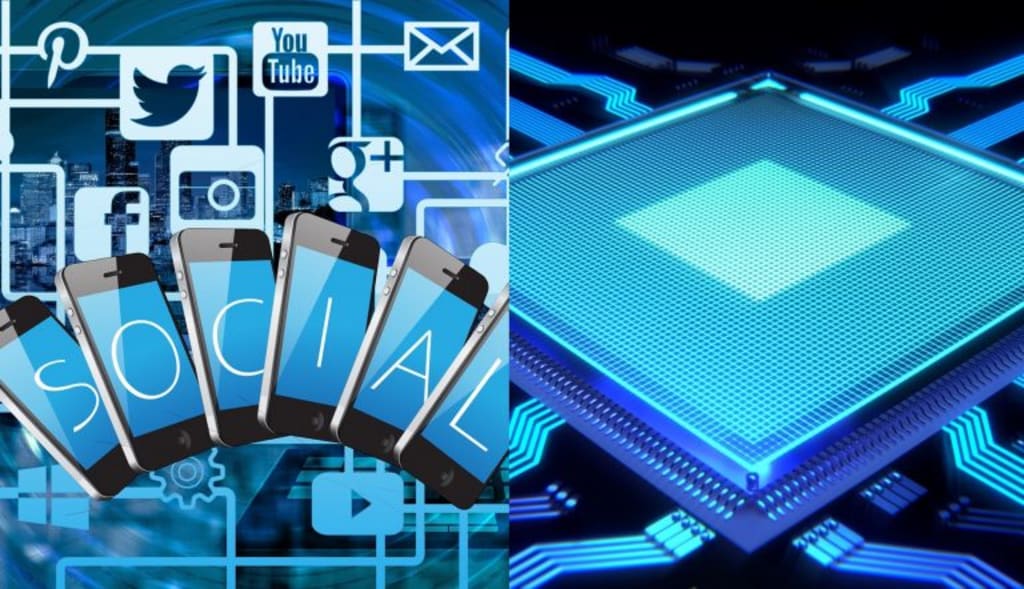Soft-tech versus hard-tech
which is more important

I have been struck by how technology investors in the Chinese capital markets are shifting their preferences from what they call "soft tech", B2C applications usually focused on social, e-commerce or, in general, on the use of the Internet as a friction reducer, to the so-called "hard tech", companies generally focused on semiconductor engineering, robotics or component manufacturing.
The drift, reported in media such as the Financial Times, responds to the priorities set by a government concerned about China's technological dependence on countries such as the United States, Taiwan or Korea in chips and components needed for the manufacture of consumer or industrial electronics products, and is generating numerous problems among Internet companies that had been dedicated to leveraging their growth with debt and are now finding that their usual investors, far from increasing their financing, are deciding to fold their sails and direct their investment towards other companies.
China's success in the B2C world has been based on perfectly recognizable ingredients: radically copying the models of all those companies that had some success in the West, and vetoing the access of those companies to the huge Chinese market, which allowed the Chinese clones created to grow in it. After managing to test their model in a domestic market with sufficient scale to make a profit, some of these companies managed to project themselves into other markets, in some cases with notable success. Thus, we find models such as Alibaba or ByteDance, born out of imitation, but grown in an environment not only highly protected from competitors, but also clearly favored by an enormously lax and permissive regulation.
Now, the Chinese government has not only decided to put an end to much of the regulatory permissiveness of its Internet giants and establish a framework much more similar to that of Europe that even leaves behind, on issues such as privacy, that of the United States, but has also decided to send signals to investors to direct their funds to companies that manufacture chips, components, memory or energy infrastructure, among other things. Companies that receive substantial funding to try to manufacture advanced chips and fail in their attempts, a strong growth in the production of domestic chips of less advanced generations and more accessible technologies, and even the acquisition of companies outside the country to try to close the technology gap in this area.
So-called hard tech as representative of China's hopes to reduce its dependence on the outside world and be able to consolidate its dominance in other areas. Obviously, this is not to belittle a soft tech that has contributed not only to modernizing the country but also to integrating previously marginalized areas into the economy, such as the millions of people in rural areas who sell their products through companies like Taobao, but it is considered sufficiently consolidated to be left to continue without explicit support and to be subject to greater regulatory pressure, while opening the tap on everything related to engineering, basic technology, infrastructure and component manufacturing.
Soft tech vs. hard tech: not all technology companies are the same, and not all generate the same effects on the competitiveness and economy of the countries in which they are created. In the West, the question is clear: it is left to the market and entrepreneurs to decide what kind of companies they want to create, and investors are free to decide in which of them they will obtain the best returns. But in the window of a strongly planned and centralized economy, capable of making decisions on these kinds of priorities, the way to manage it even seems easy to understand.
About the Creator
Jansen Chang
A freelancer ,dedicated to establish self business,and help others to grab the chance of times.I will share some new thoughts and discoveries here.






Comments
There are no comments for this story
Be the first to respond and start the conversation.